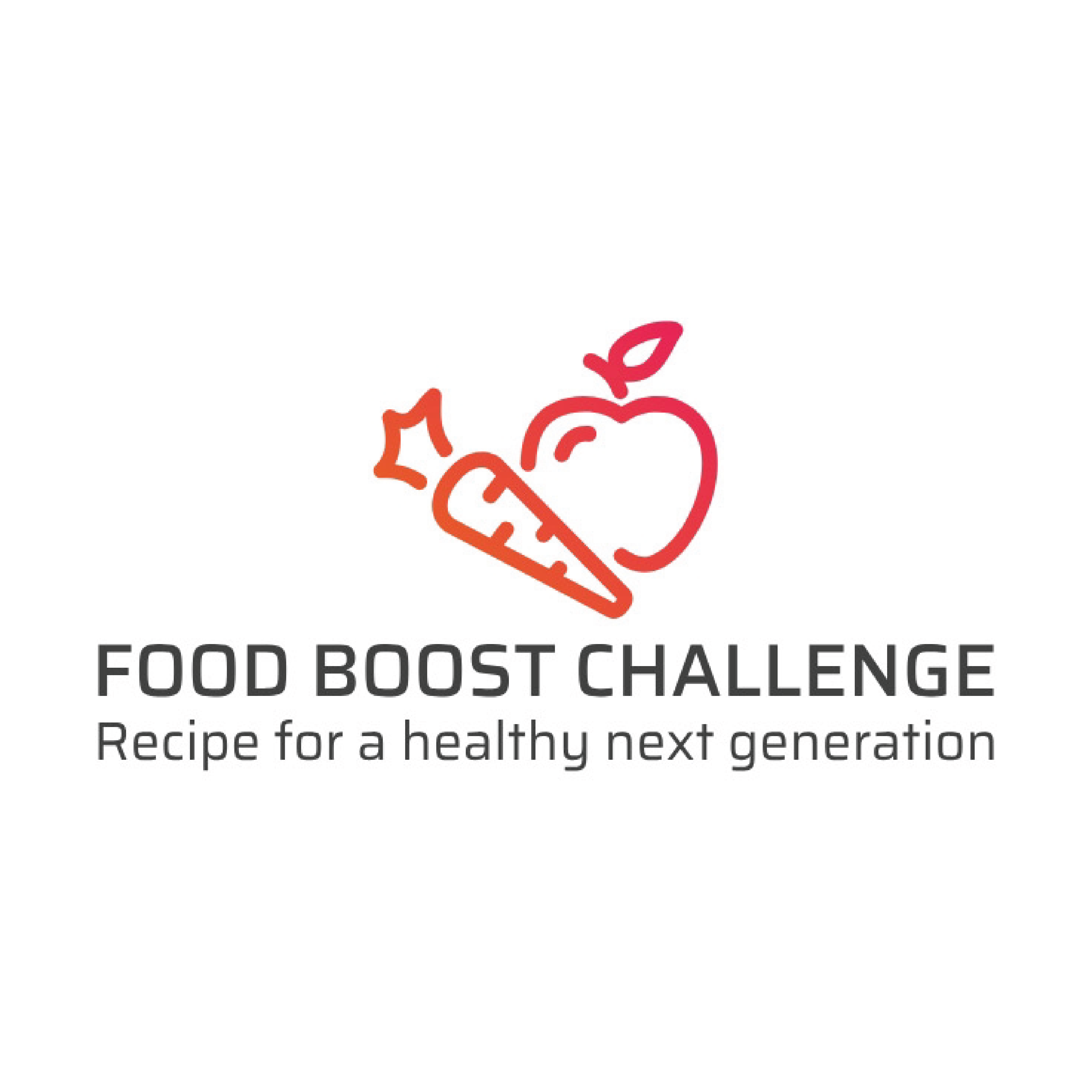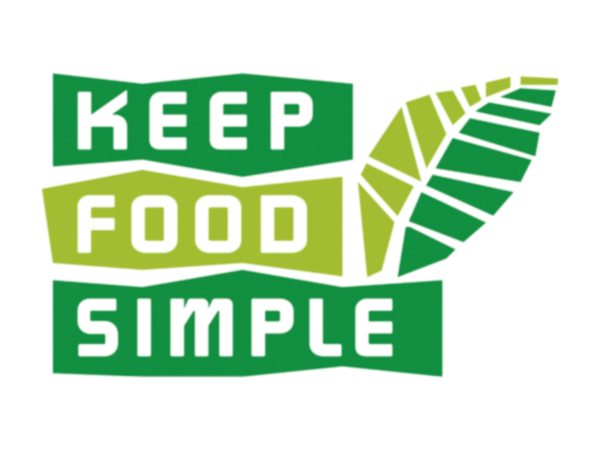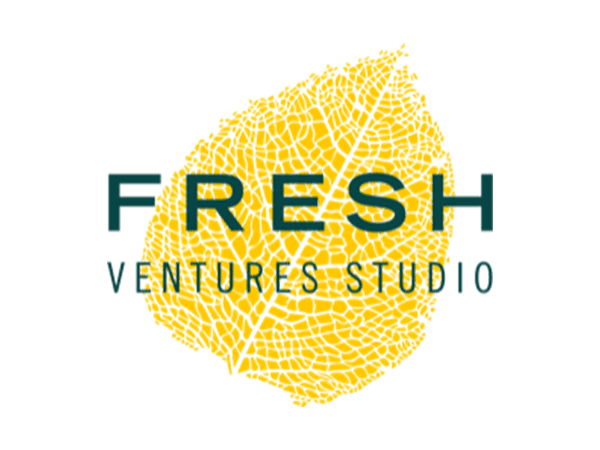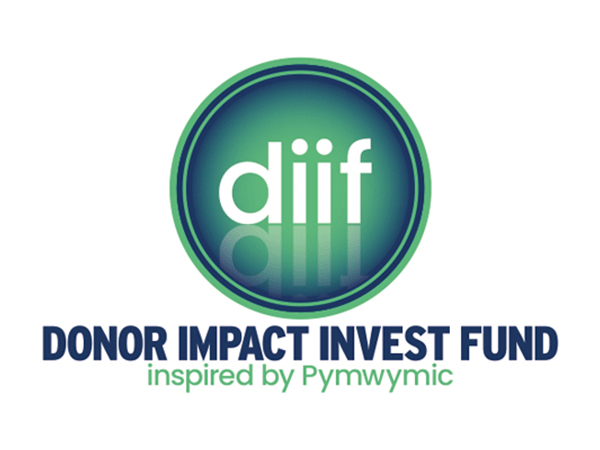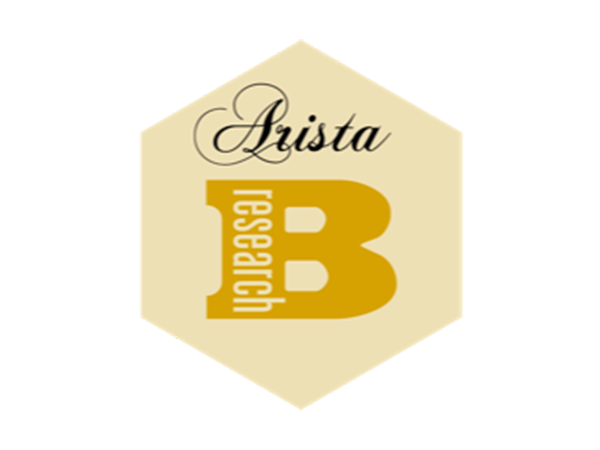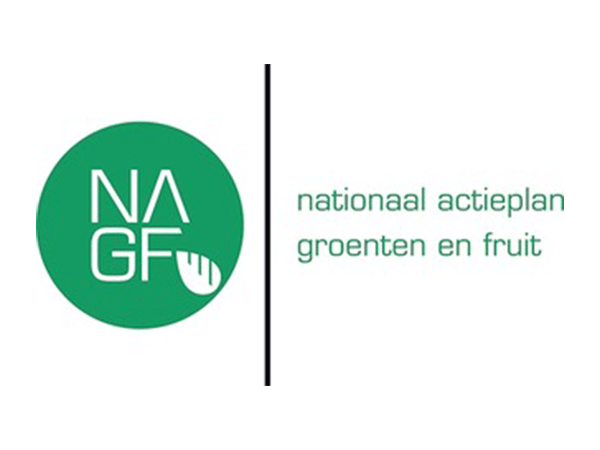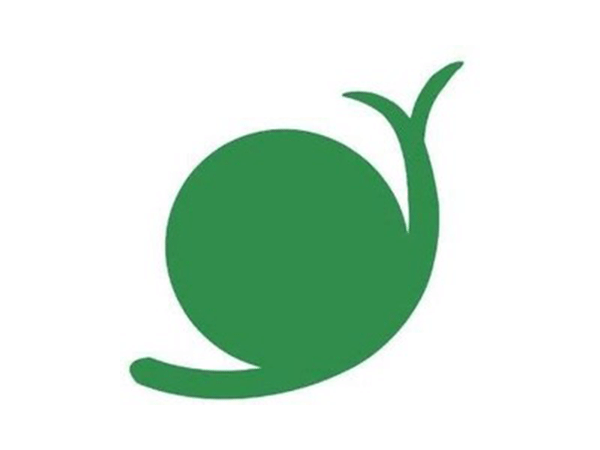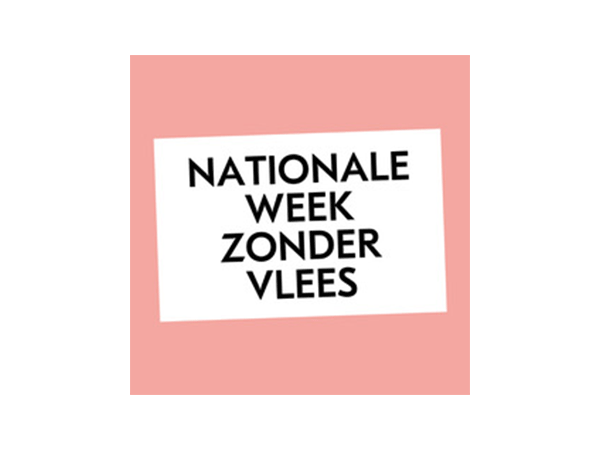We are the Re-generation is een beweging en platform dat van Nederland kampioen regeneratieve landbouw wil maken. Hoe? Door pioniers en opiniemakers te verenigen en verbeelden. Door wijsheid van wetenschappers en inheemse volken, de open blik van jongeren en de innovatiekracht van creatieven en ondernemers te verbinden.
In this way, they create attention for regenerative agriculture and inspire people to take action for a regenerative society.
The Goeie Grutten Foundation makes the pioneering stories possible.


